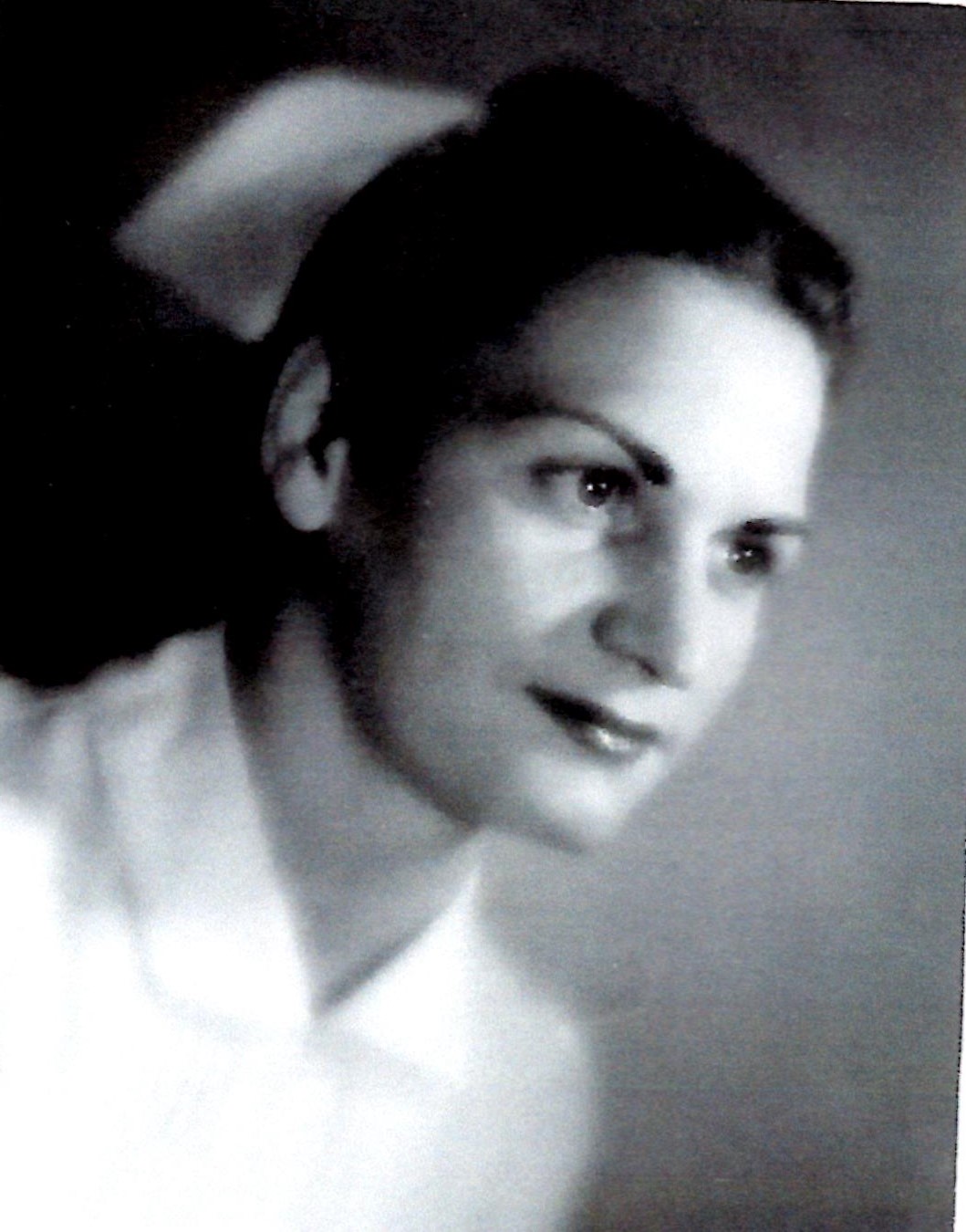
Over the past two weeks, we have read the “immigration stories” of several readers and authors at The Moderate Voice (TMV).
As the one who had the privilege of putting together the stories from the excellent inputs I received, I have come to one conclusion and one observation.
First, as I had anticipated, our relatively small group of regular readers and authors is truly a microcosm of the greater American society in terms of diversity and immigration backgrounds — a group of fine folks who faithfully reflect what America really is, “A Nation of Immigrants.”
In addition, as I gathered inputs and interacted with the contributors, I found myself placing faces – real people – behind those names, avatars, “handles,” “noms de plume” (sometimes even “noms de guerre“), or whatever else those pseudonyms are called these days.
The effect on me personally is that I will read comments and articles at TMV with much greater insight and understanding of where the writer is “coming from,” of what he or she is really saying, and why.
I hope that all readers here will similarly benefit.
Now, to the final two stories.
These two stories could not be more different and, at the same time, could not be more similar.
Different because in the first one (by Elijah Sweete, aka “tidbits”), the contributor’s recollections of his family’s ancestry go back one, at most two, generations.
In contrast, the second contributor – “ordinarysparrow” — has been able to trace her roots all the way back to Ireland and the 1600s – on the paternal side – and to Scotland and the 18th century on the maternal side.
(Ordinarrowsparrow’s extremely interesting story will be in the fifth and final part.)
They are similar because both stories contain experiences and concepts that we would consider typical American: Determination, the ability to overcome adversity and to succeed and, in the context of the “melting pot,” exposure to a variety of religious, cultural and ethnic customs and traditions — and learning and benefiting from such.
Whether such exposure leads in all cases to acceptance and assimilation can also be part of the (all-)American story.
Confused already?
We’ll let tidbits himself explain in what he calls: “Tidbits, An All-American Story”:
“In a series of stories about immigrant families folding into American culture, this doesn’t seem to fit. It’s all-American because it involves deep family divides, religious animosity, divorce and an absence of familial history. For many, familial history is a point of pride. In my family, it was a subject to be avoided.”
Tidbits continues:
“My mother, a wickedly smart raven-haired bombshell, married my father when both were 18 years old. I was born just after her 19th birthday. Six weeks later they separated and divorced, never to see each other again. So, I know nothing about my birth father except that he was of Welsh heritage and, it was said, moved to California after the divorce. My mother decided to attend nursing school to become a Registered Nurse. She would always resent that she was born ’20 years too soon’ resulting in her getting an RN instead of attending medical school and getting an MD.

With my father off to ‘California’ and my mother off to nursing school, I was left to be raised by my maternal grandparents, Elijah Sweete and his wife Minnie. But, as you will see, not much familial history was to come from them. They refused to talk about either of their families. So strained was the relationship that my grandmother refused to attend either of her parents’ funerals when they died.
Here’s what little I know. My grandfather was Jewish, probably from Eastern Europe, but I can’t verify that. His family would have come to the United States in the late 1800’s or early 1900’s. He had some connection to St. Louis, perhaps his boyhood home. As a lifelong Cardinals fan, he would take us on road trips each summer to attend baseball games in St. Louis.
My grandmother came out of the Dutch Reform Church. That’s a very strict religious sect regionally located primarily in the upper Midwest in America. They are prominent in western Michigan along the eastern shores of Lake Michigan with a spattering making it to southern Wisconsin along the western shores of Lake Michigan. Her family found itself on the Wisconsin side. They were, in fact, Dutch by heritage as well as belonging to the Reform Church.
To put it kindly, neither family approved of my grandparents’ elopement and marriage. In that time, the families regarded it as a ‘mixed marriage.’ The result was that my grandparents rejected all religion and lived as atheists in an Italian Catholic neighborhood in Racine, Wisconsin. The Friday fish fries were great, and many of the older Italian women needed a member of the younger generation to translate from Italian to English.
The only connection to the families that remained was that I was encouraged to focus on Jewish friends and learn about Jewish culture. In grade school, my best friend’s parents, the Weiss family, saw to it that I attended a service in a synagogue and that I could attend Jewish celebrations in their family home.
In high school, the Kaufman family invited me to join their son Jerome on a family retreat to a Jewish resort in southern Wisconsin for a long weekend.
And so it went with varying Jewish cultural experiences from a home where religion was a verboten subject. Some Catholic kids once called me ‘little Jew boy’ when I was four or five, but I didn’t know what they meant. In college, my best friend had a sister who thought I was ‘cute’. That concerned her parents because I wasn’t really Jewish, except for a little. She ended up marrying a Roman Catholic and converting, much to her parents’ chagrin.
Well, my mother returned five years or so after she left with a nursing degree and a new husband. But, my grandparents continued to be the primary parental connection in my life. My mother, because of the time away and closeness in age, seemed as much a sibling as a parent. She was a great fun, often describing herself as having the body of Jane Russell and the attitude of Mae West. But, she didn’t know any more about our family history than I did, and it just never came up. Like I said, All-American.”
Thank you, tidbits.
Lead image: Courtesy Flickr.com, credit:Kristina Morrell
















